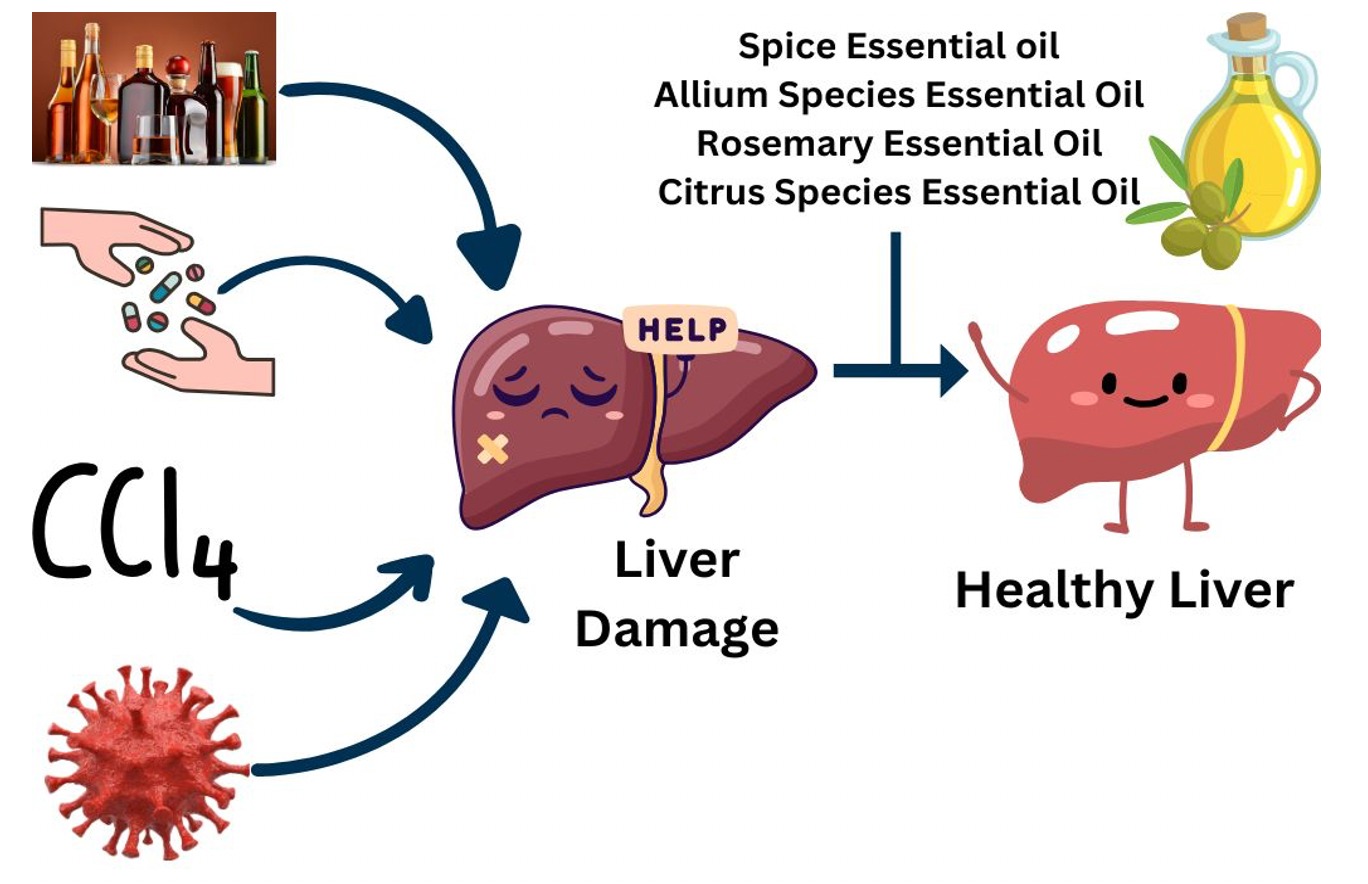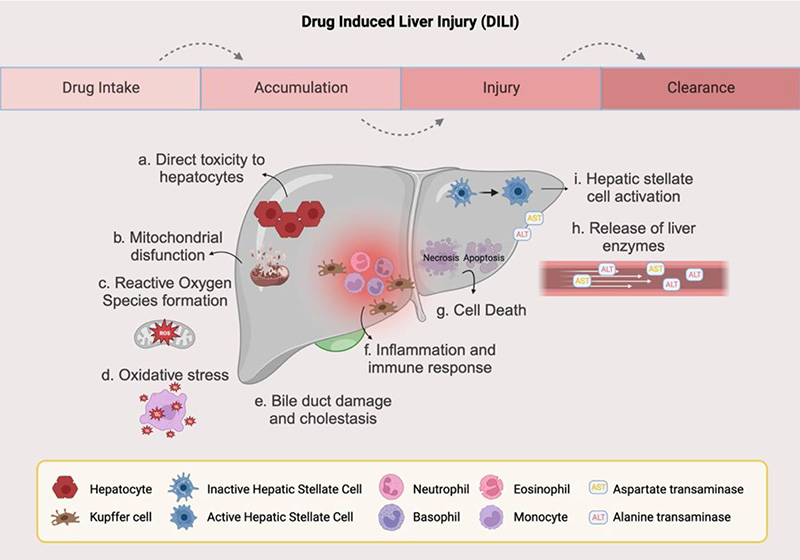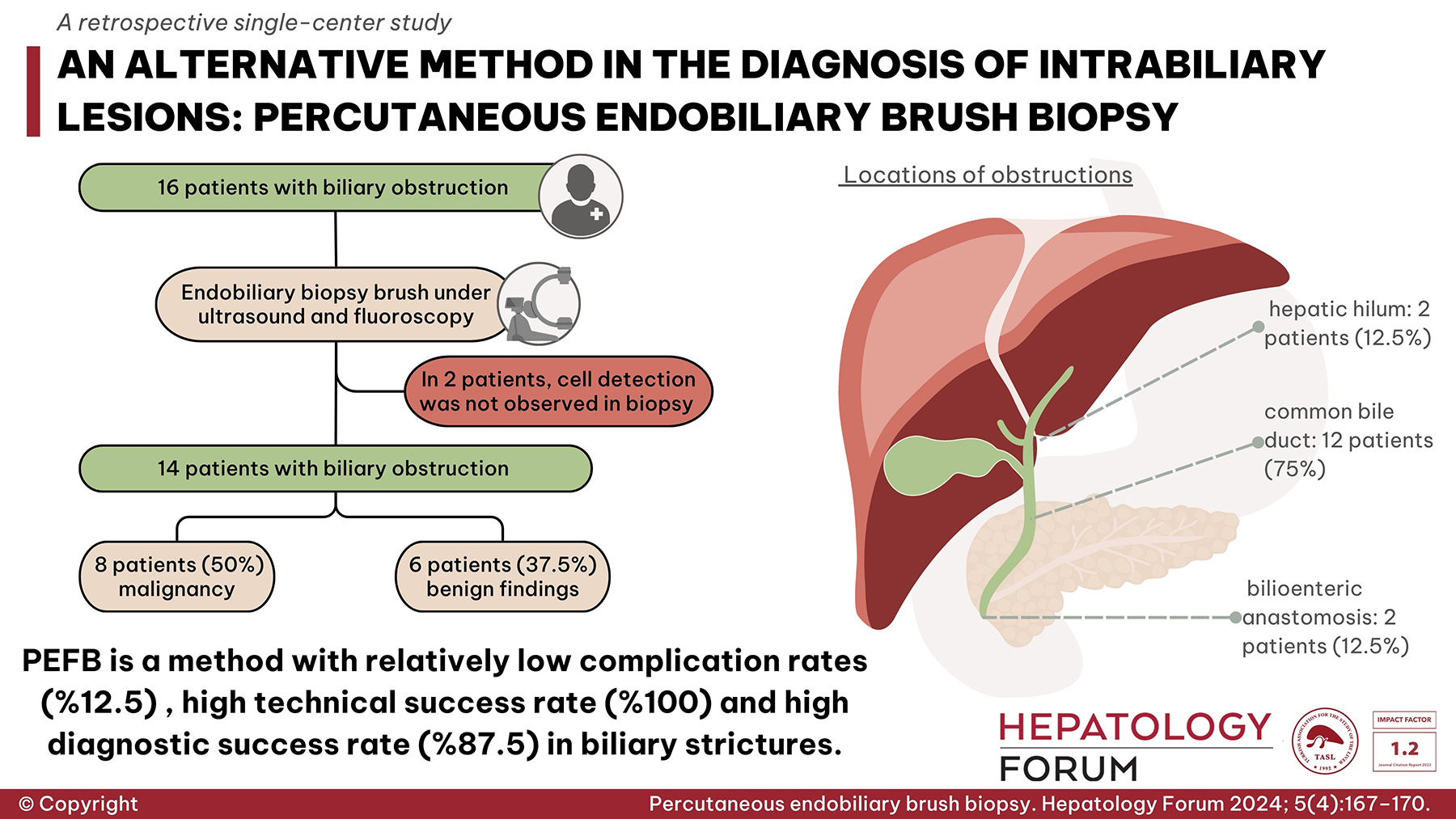2Recep Tayyip Erdogan University, School of Medicine, Rize, Turkiye
3Department of Public Health, Karadeniz Technical University, Faculty of Medicine, Trabzon, Turkiye
4Department of Gastroenterology, Recep Tayyip Erdogan University, School of Medicine, Rize, Turkiye
Abstract
Background and Aim: Metabolic-associated fatty liver disease (MAFLD) is a condition that frequently goes unnoticed as it typically remains asymptom-atic until progressing to an advanced stage. As a result, it is essential to imple-ment opportunistic screening initiatives within family medicine practices to accurately identify and refer selected at-risk patients to specialized care. This study aims to investigate the prevalence of MAFLD and advanced hepatic fi-brosis among primary care patients in Turkiye by utilizing non-invasive tests.
Material and Methods: We performed a retrospective analysis of pro-spectively collected data from February 1, 2022, to April 14, 2023, at a Family Medicine Outpatient Clinic. The Hepatic Steatosis Index (HSI) was used to identify fatty liver cases, followed by established MAFLD criteria for diagnosis. Patients were then categorized based on advanced fibrosis risk using the fibrosis-4 (FIB-4) index.
Results: Among the 450 patients who sought primary care during the study period (286 women and 164 men; mean age: 48.2±13.7 years), 295 (65.6%) were diagnosed with MAFLD using HSI values and established criteria. Di-abetes mellitus emerged as the sole independent predictor of MAFLD. FIB-4 values classified 242 (82%) and 53 (18%) patients with MAFLD at low and intermediate risk of advanced fibrosis, respectively, with none at high risk.
Conclusion: MAFLD exhibits a notable prevalence among Turkish patients who presented at a Family Medicine Outpatient Clinic. Given the growing impact of metabolic diseases, primary care providers and non-liver special-ists should actively participate in MAFLD screening programs.





 Ayse Yazan Arslan1
Ayse Yazan Arslan1 









